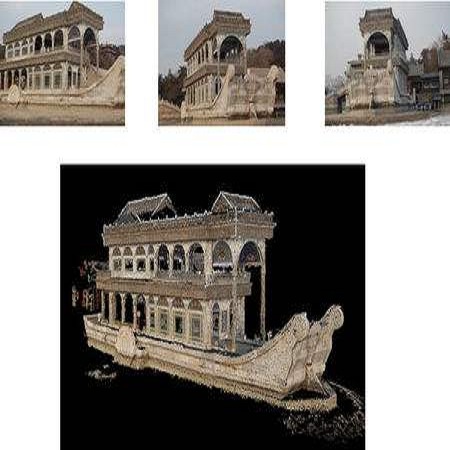Real-time multi-view 3D reconstruction is a mission-critical application for key edge-native use cases, such as fire rescue, where timely and accurate 3D scene modeling enables situational awareness and informed decision-making. However, the dynamic and unpredictable nature of edge resource availability introduces disruptions, such as degraded image quality, unstable network links, and fluctuating server loads, which challenge the reliability of the reconstruction pipeline. In this work, we present a reinforcement learning (RL)-based edge resource management framework for reliable 3D reconstruction to ensure high quality reconstruction within a reasonable amount of time, despite the system operating under a resource-constrained and disruption-prone environment. In particular, the framework adopts two cooperative Q-learning agents, one for camera selection and one for server selection, both of which operate entirely online, learning policies through interactions with the edge environment. To support learning under realistic constraints and evaluate system performance, we implement a distributed testbed comprising lab-hosted end devices and FABRIC infrastructure-hosted edge servers to emulate smart city edge infrastructure under realistic disruption scenarios. Results show that the proposed framework improves application reliability by effectively balancing end-to-end latency and reconstruction quality in dynamic environments.
翻译:暂无翻译




